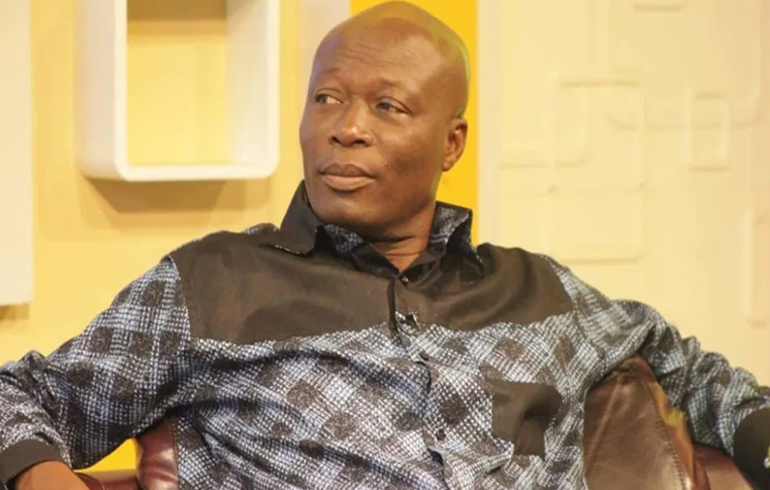The political landscape in Ghana is heating up as the Electoral Commission (EC) prepares for a parliamentary rerun in the Ablekuma North Constituency, a decision that has sparked controversy and accusations of fear-mongering. Nii Lante Vanderpuye, the National Coordinator of the District Road Improvement Programme (DRIP), has pointedly accused the New Patriotic Party (NPP) of resisting the rerun solely out of fear of losing the seat, dismissing their claims of concern for electoral integrity as a thinly veiled pretext. Vanderpuye argues that if the NPP truly considered these 19 polling stations to be their strongholds, as they claim, they would welcome the opportunity to reaffirm their dominance. He urges the NPP to accept the EC’s directive and allow the democratic process to unfold, emphasizing that the ultimate victor should be determined by the will of the people, not by political maneuvering.
The heart of the dispute lies in the chaotic events that marred the original election on December 7, 2024. The collation center was reportedly invaded, leading to the destruction of original Pink Sheets, the official documents recording vote tallies. The EC was subsequently forced to rely on scanned copies submitted by the NPP, a move that immediately drew the ire of the National Democratic Congress (NDC). The NDC contends that these scanned documents lack proper verification and authentication by EC presiding officers, casting doubt on their validity. Conversely, the NPP insists that only three polling station results were outstanding at the time of the disruption and that the remaining results had already been confirmed by their party agents. This fundamental disagreement over the integrity of the original results has led to the current impasse and the EC’s decision to conduct a partial rerun.
Adding a human dimension to the political standoff is the emotional toll the ongoing dispute is taking on the two female parliamentary candidates representing the NDC and NPP. Both women remain in limbo, awaiting the final resolution of the election. Vanderpuye expressed concern for their well-being, stressing the need for a swift resolution for the sake of fairness and to alleviate the emotional stress they are enduring. He appealed for a focus on peace, national unity, and development, urging all parties to allow the rerun to proceed and bring closure to this protracted electoral process.
The EC, after a series of meetings with both parties, has scheduled the rerun for July 11, 2025. This decision, according to Deputy Chairman of Operations, Samuel Tettey, is crucial to upholding electoral credibility and transparency. The EC aims to ensure a free, fair, and credible rerun, with the Ghana Police Service tasked with providing maximum security and maintaining order on polling day. The 19 polling stations identified for the rerun are at the center of the controversy, representing the areas where the discrepancies between the original results and the scanned copies are most pronounced. By focusing on these specific polling stations, the EC hopes to address the core issues of contention and deliver a definitive outcome.
Vanderpuye has attempted to downplay the significance of the Ablekuma North seat in the broader parliamentary landscape. He argues that the outcome, regardless of which party prevails, will not significantly alter the balance of power in Parliament. The NDC currently holds a slim majority, and Vanderpuye believes that the single seat in Ablekuma North will not tip the scales dramatically in either direction. This perspective aims to minimize the perceived stakes of the rerun, perhaps in an attempt to de-escalate the political tension surrounding the event. He reiterates the importance of prioritizing peace and fairness over partisan gains, framing the rerun not as a battle for political control but as an exercise in democratic due process.
As the rerun date approaches, the political climate remains charged. Vanderpuye’s message, however, remains steadfast: the rerun is not a threat to democracy, but rather a testament to its resilience. He portrays the rerun as an opportunity to reaffirm the principles of fairness, transparency, and accountability in Ghana’s electoral system. The upcoming rerun represents a crucial test for Ghana’s democracy, offering a chance to address the shortcomings that led to the initial controversy and to demonstrate a commitment to resolving electoral disputes through peaceful and legitimate means. The world will be watching as Ghana navigates this sensitive political moment, hoping for a peaceful and conclusive outcome that reinforces the country’s democratic foundations.


